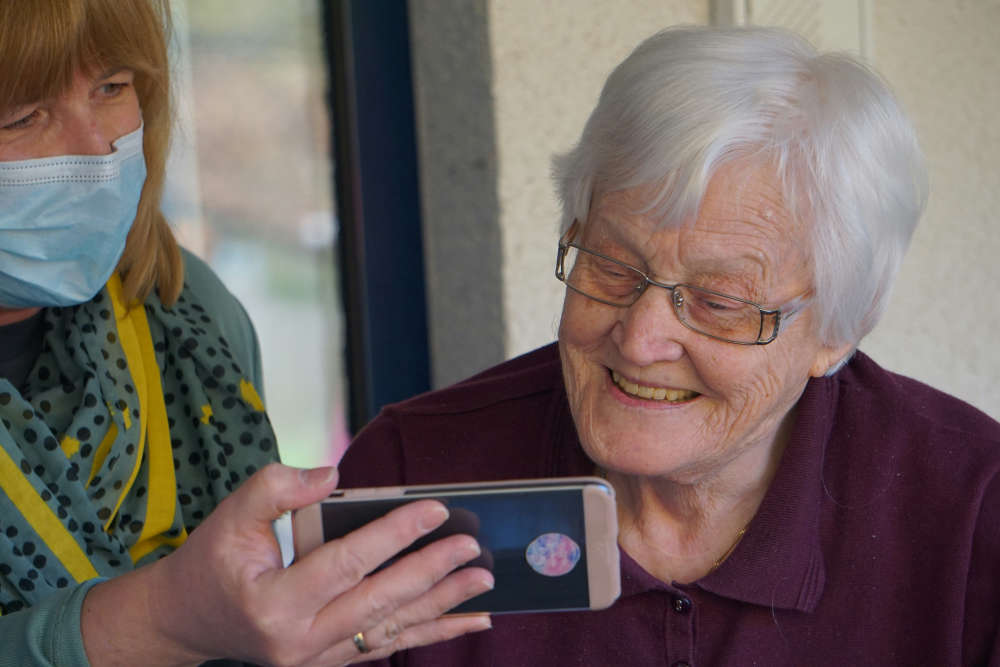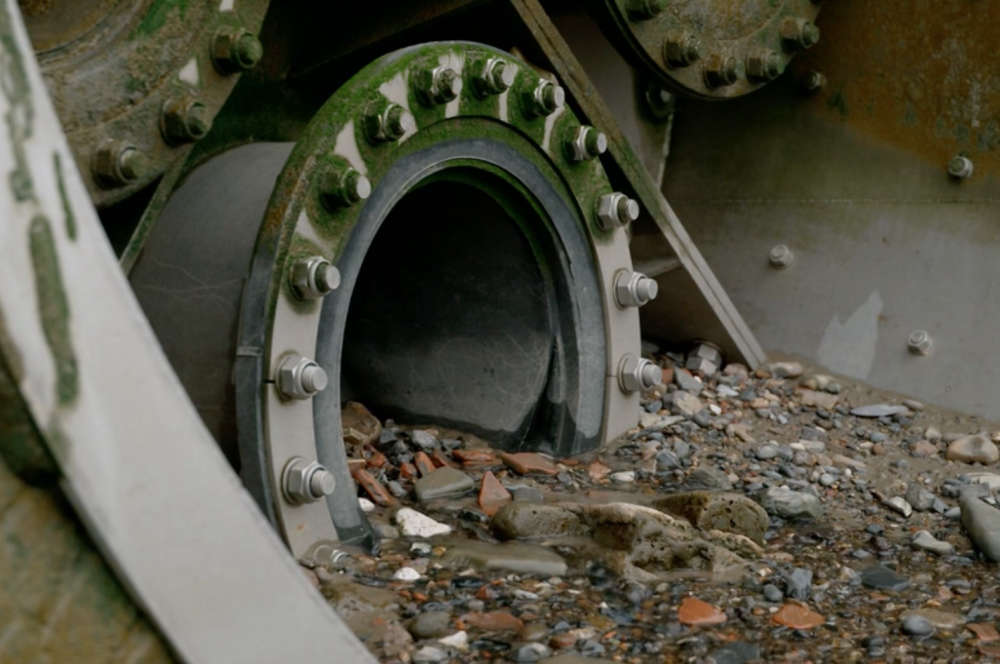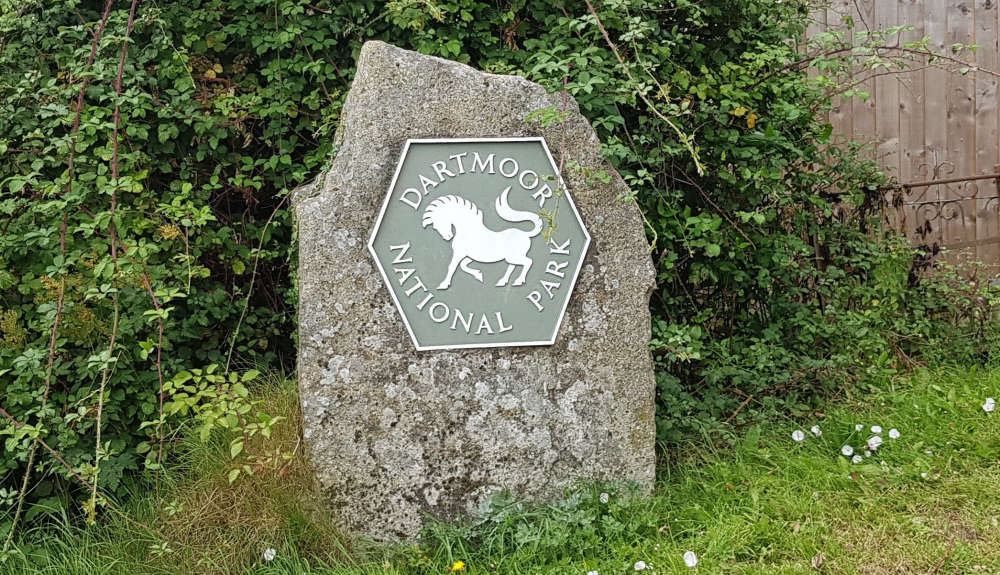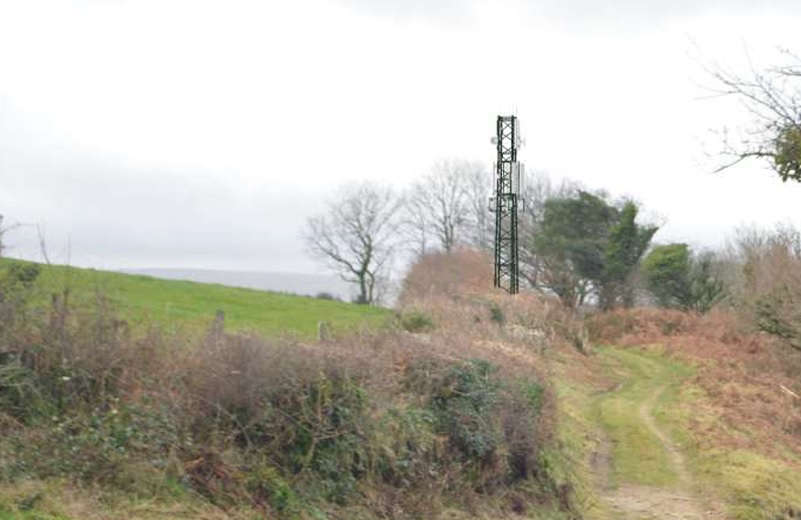
Devon says it needs more cash as it targets £30 million of savings in adult social care.
More money is needed to help Devon develop innovative ways of reshaping its adult social care services as the department targets £30 million of spending cuts.
Devon’s adult social care lead, Councillor James McInnes (Conservative, Hatherleigh & Chagford) said he had told a Westminster cabinet member this week that “things need to change” if councils are to be given the time and resources to develop adult social care services to respond to increased and changing demand.
The budget, health and adult care scrutiny committee heard this week that Devon relies too much on expensive and resource-intensive bed-based and residential care, and that it is trying to help people achieve greater autonomy through in-home care and technology.
Council officers acknowledged they had been behind in terms of reviewing the services that individuals receive, noting that care packages are often set up at a time of crisis, but that assistance could be reduced if patient recovery is monitored more regularly.
Some speakers suggested the council might be offering too many services to too many people, and that better case-by-case reviews could help it distribute its resources better.
Cllr McInnes was speaking as the proposed budget for the 2024/25 financial year, which begins in April, showed the authority expects to spend more than £360 million on integrated adult social care.
Increased demand and rises in the national living wage have pushed the department's costs up by £50 million.
About £30 million in potential savings, cuts and additional income have been identified to mitigate that. However, this still means that adult social care is costing the county £20 million more than it did this financial year.
Cllr McInnes urged central government to reconsider its approach to social care funding to help nurture innovation.
“I don’t think there’s enough money,” he said.
“Money isn’t the only answer, and it needs to be a dual approach as we need to innovate and change how we deliver services, but one thing I would plea for – and which I discussed with a national cabinet minister last week – is that for things to change and be innovated. We need the space, and the financial space, to do that.”
He said councils are battling year in, year out to balance budgets, and extra funding would provide allow councils to improve how they offer adult social care.
Council officers said an aging population, a rising number of people seeking help, also commonly with more complex requirements, and a rise in working age adults with mental health problems, were the key factors putting pressure on the service.
Devon’s rural geography adds a further challenge, they said.
Councillor Caroline Leaver (Liberal Democrat, Barnstaple South) felt the word ‘savings’ actually means real-terms cuts.
“I think it means there will be fewer services for the most vulnerable people, and I’m struck by the number of different savings specified,” she said.
“The question for me is what the savings or cuts mean in practice, and who the affected people will be and how many?”
Councillor Carol Whitton (Labour, St David’s & Haven Banks) didn’t have a problem with the department looking at ways to do things differently if it achieves better value for money and meets residents' demands.
She told councillors: “Last year at this scrutiny meeting, we missed some of the lines that were in the budget about how individual users and groups were being impacted, and I think as a committee we should be given that information.”
She added there had been a “great deal of public concern” about changes in adult social care provision, and that this could have been mitigated before steps were taken.
Councillor Richard Scott (Conservative, Exmouth) said it is important to remember where the money comes from that pays for services.
“We never consider the person paying for it, we don’t look at council tax and how regressive it is as it generally impacts on people that have less,” he said.
“We are providing too much and not reviewing it quickly enough, and we need to understand why.”
Devon’s finance lead Angie Sinclair said spending on adult and children’s services represents almost 80 per cent of the council’s budget, but that moves had been made to curb the rise in spending in these departments.
“The increase 12 months ago in adult social care was nine per cent, and 18 per cent for children’s services, but we are working hard to pull that back and this year the rises are six per cent and 10 per cent, respectively, which is a significant improvement on last year,” she said.
“We are doing the best as a team to get the best value in terms of affordability and better outcomes as doing the right thing should cost us less.”
Devon’s chief executive Donna Manson added that better collaborative working with the NHS, as well as district councils, is playing a positive role in ensuring money is better spent.
 City lose at home again
City lose at home again
 Calls for inclusion on Plymouth lord mayor role
Calls for inclusion on Plymouth lord mayor role
 Upgrades to Plymouth storm overflows to take place
Upgrades to Plymouth storm overflows to take place
 Dartmoor finances facing biggest cut for years
Dartmoor finances facing biggest cut for years
 Rare curlews and martens are leaving Dartmoor - for now
Rare curlews and martens are leaving Dartmoor - for now
 Dartmoor phone mast gets the go-ahead
Dartmoor phone mast gets the go-ahead
